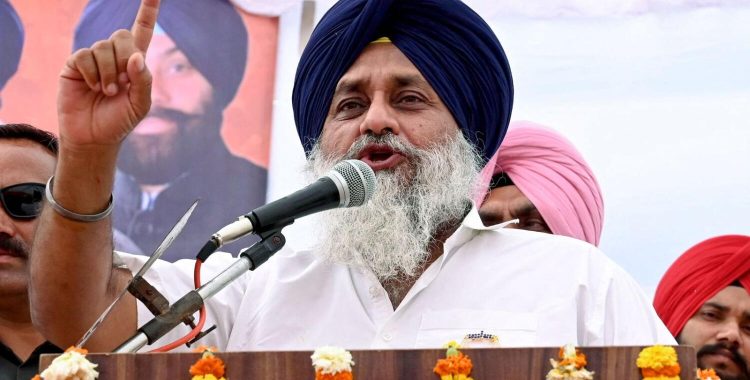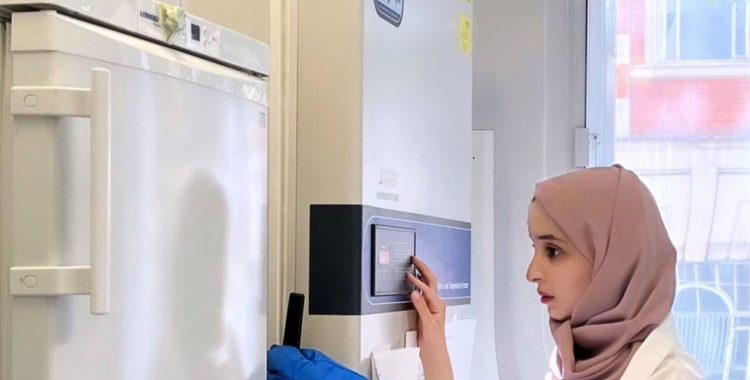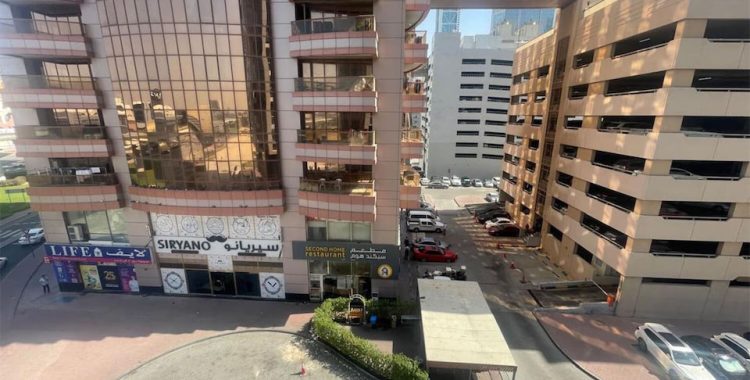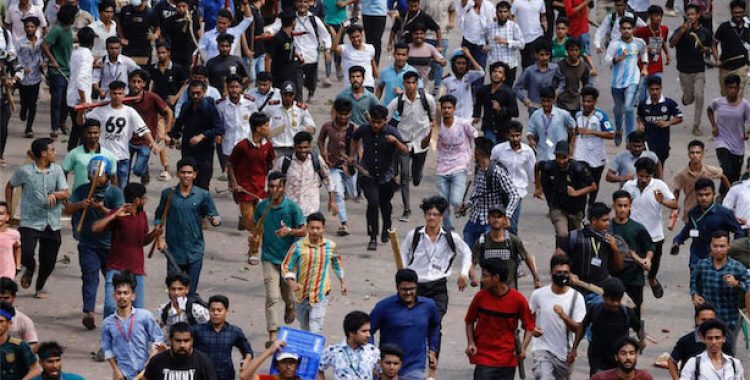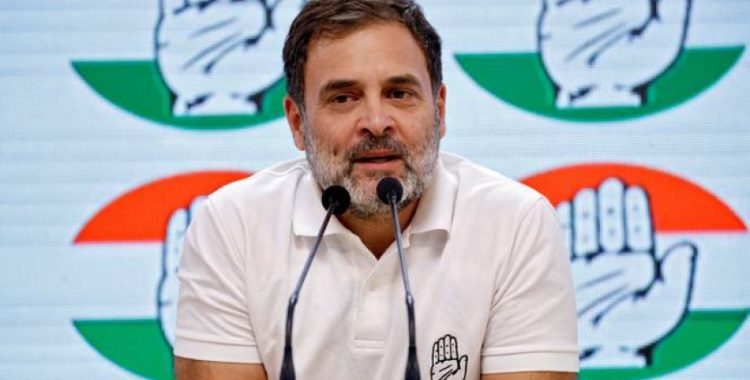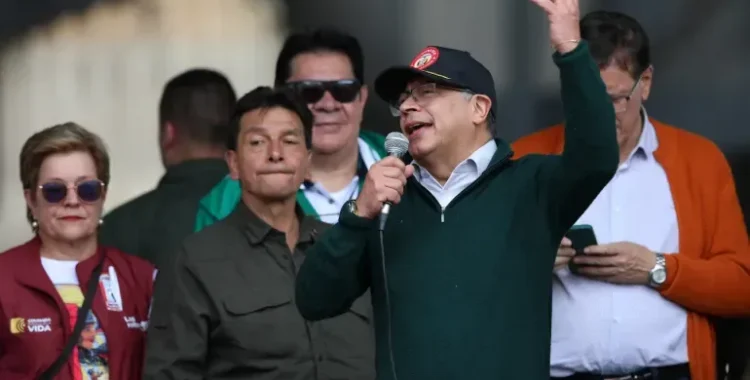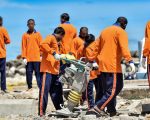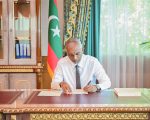China’s Communist Party has kicked off its twice-in-a-decade Congress, with President Xi Jinping calling for faster military growth, defending Beijing’s “zero-COVID” approach, and refusing to rule out the use of force to take Taiwan.
The week-long meeting, which began on Sunday, is the CCP’s most important political event and Xi is expected to receive a third five-year term, breaking with recent precedent and establishing him as arguably the most powerful Chinese politician since party founder Mao Zedong.
In a lengthy report at the Congress’s opening, Xi extolled the achievements of the past five years and said the party would strive to meet its modernization goals, including the building of a world-class military.
“The rejuvenation of the Chinese nation is an irreversible, historical course,” he said to the more than 2,000 delegates attending the opening, held in the Great Hall of the People that overlooks Tiananmen Square in the centre of Beijing.
He called for accelerating military and technology development to propel this rejuvenation and said the People’s Liberation Army, the world’s second-largest military after the United States, needs to “safeguard China’s dignity and core interests”.
“We will work faster to modernise military theory, personnel and weapons,” Xi said in the nearly two hour speech, which was punctuated by brief bursts of applause from the masked delegates. “We will enhance the military’s strategic capabilities.”
The Chinese leader also hailed the end of what he described as the “chaos” in Hong Kong, where a harsh and wide-ranging crackdown on pro-democracy protesters has drawn criticism from Western governments.
“The situation in Hong Kong has achieved a major transition from chaos to governance,” he said, going on to pledge a “major struggle against separatism and interference” in the self-ruled island of Taiwan.
The delegates responded with loud applause.
The “Taiwan issue… must be resolved by Chinese people alone”, Xi went on, condemning “external forces” interfering in the affairs of the island, which Beijing claims as its own.




